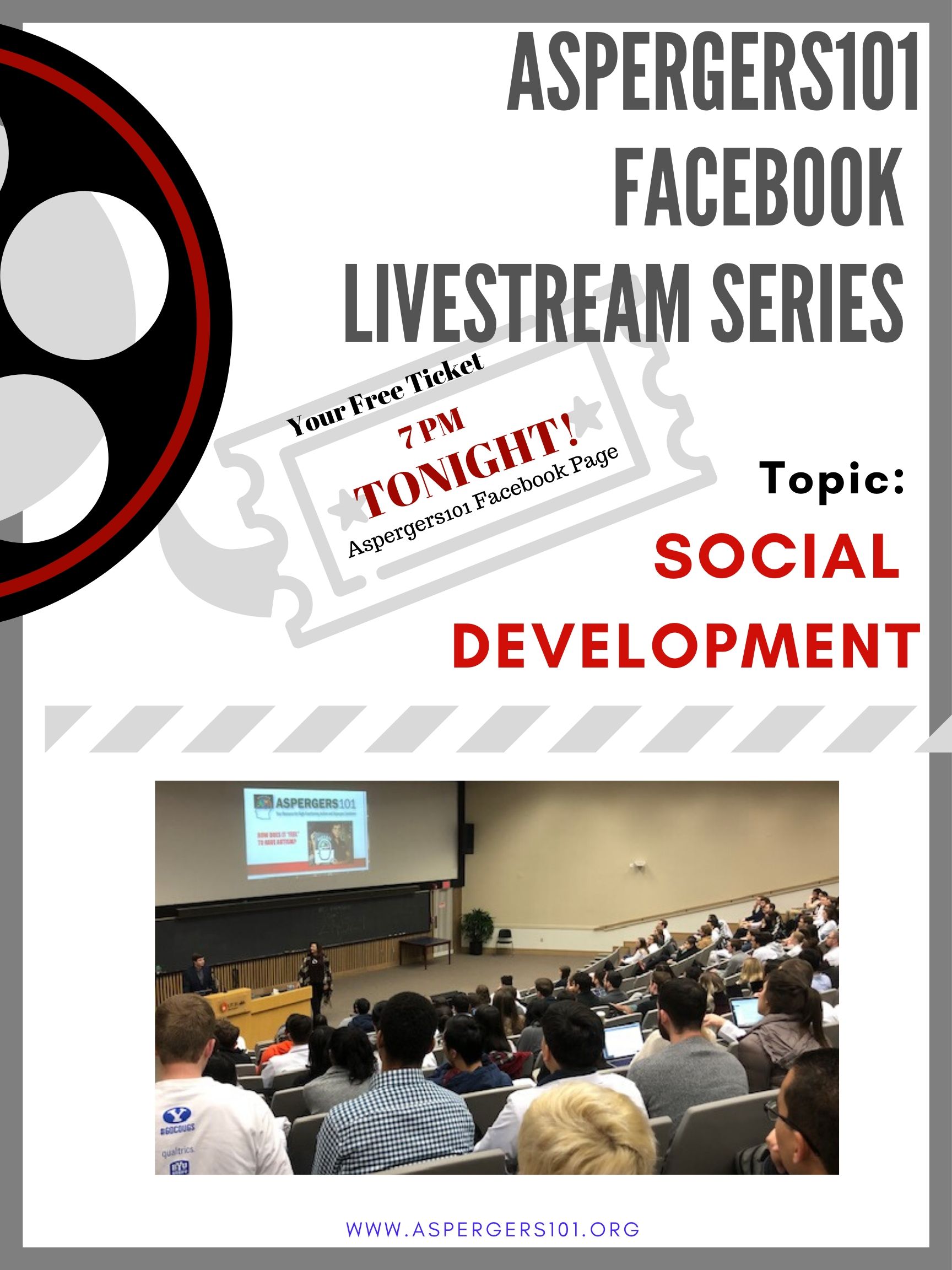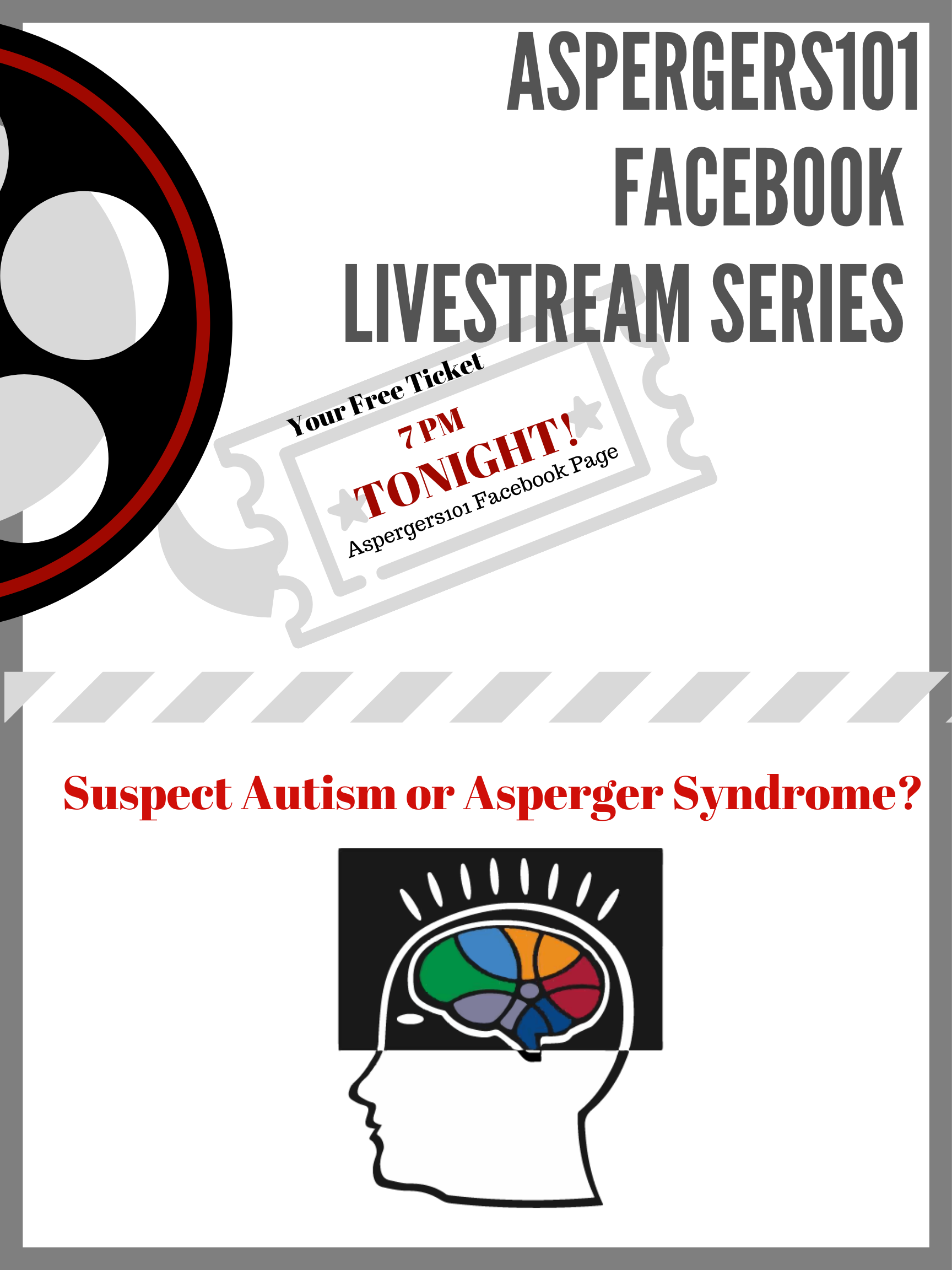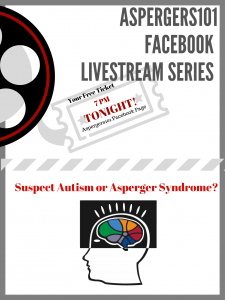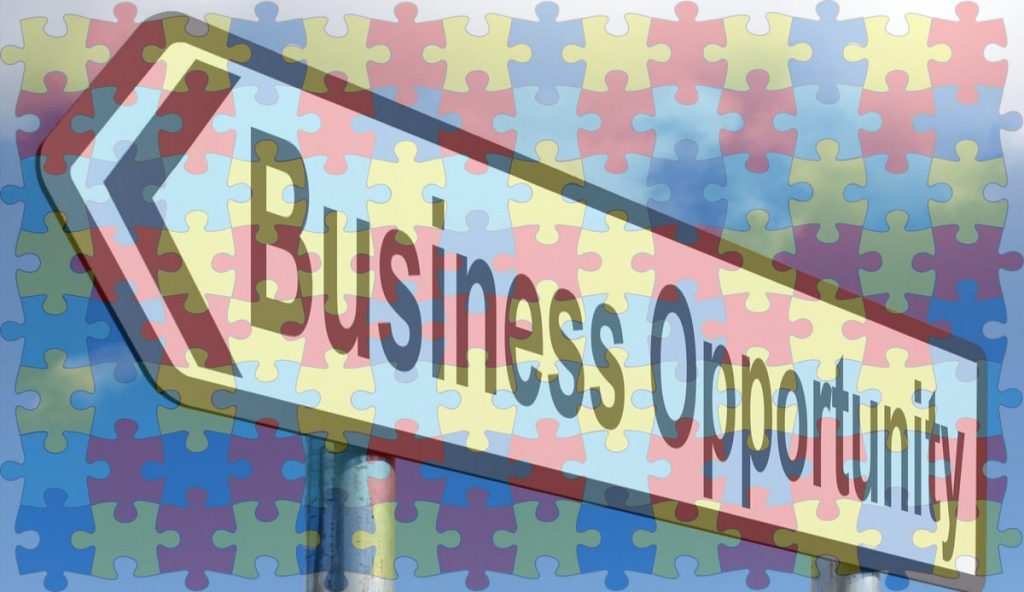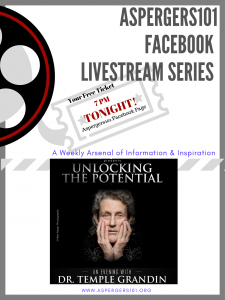Preparing the Autistic Driver for the Road: A Look at Motor Skills
Aspergers101 asks the experts about driving safely with Autism. In this blog we focus especially on preparing to drive with motor skill challenges.
Dr. Berenice de la Cruz, Training and Research Director at the Autism Community Network, offers a great overview into the differences of the Autistic brain and how those differences affect the skills it takes to drive.
Dr. Berenice de la Cruz/Training and Research Director/Autism Community Network
There are three structural differences in the Autistic brain. These differences will most likely affect:
- motor skills
- communication (social) skills
- sensory processing
Both fine and gross motor skills are typical challenges for many diagnosed with High Functioning Autism or Asperger’s Syndrome. 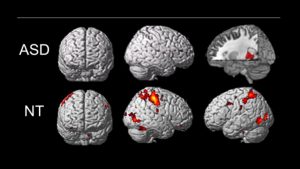
So when it comes to learning to drive, or at least considering if driving may be an option, it is imperative to overcome the challenges that can impede safe driving.
Dr. Temple Grandin asserts that if she did not have the ability to drive she would never have been able to visit all of the feed/stock yards to do her prep work for her cattle handling designs. When learning to drive motor skills can be a challenge, especially with multi-tasking, but not impossible to overcome.
Dr. Grandin’s advice is to practice, a lot:
A graduate of Abilene Christian University, Jennifer had a long career in TV Broadcasting. Upon learning her oldest son Sam had a form of Autism called Asperger’s Syndrome, she left her career and became a full-time mother to both of her sons. Jennifer elicited the participation of her family and together they produced several independent programs including a children’s animated series titled Ameriquest Kids, as well as a documentary and book titled, Coping to Excelling: Solutions for School-age Children Diagnosed with High-Functioning Autism or Aspergers Syndrome. She formed the nonprofit Asperger101 to provide on-going free resources related to ASD at Aspergers101.com and has implemented the Texas Driving with Disability Program and continues to grow the statewide initiative today. She and her husband have recently retired to their property in the Texas Hill Country.

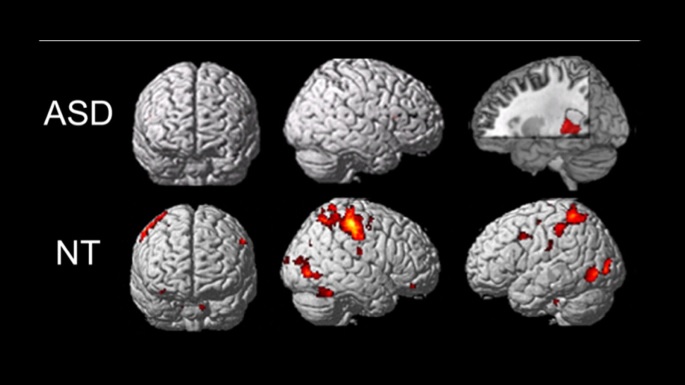

 Perhaps most relevant to a student in the classroom: when you are stressed you are less likely to embrace difficult tasks. On your most stressful day, you will probably put the complex tax form in the “to do” box and leave it for a better day.
Perhaps most relevant to a student in the classroom: when you are stressed you are less likely to embrace difficult tasks. On your most stressful day, you will probably put the complex tax form in the “to do” box and leave it for a better day. 






